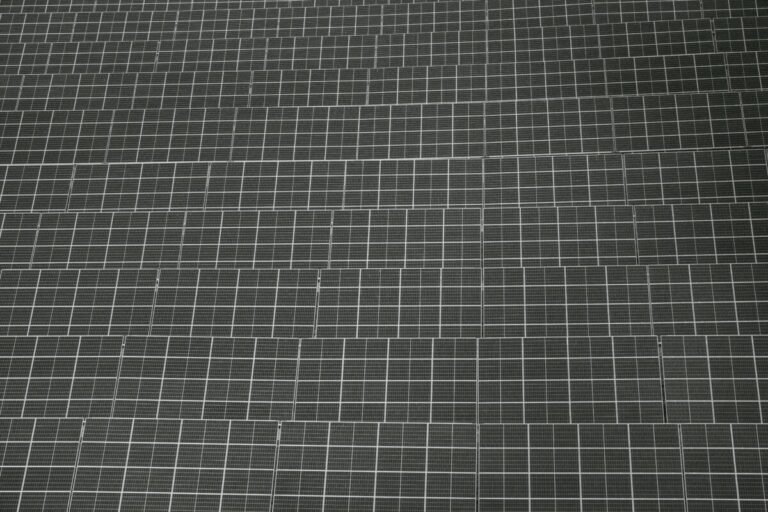A review of 2024 reports from the International Renewable Energy Agency (IRENA) has found that despite record investments and capacity growth, the world is not on track to meet 2030 climate targets.
IRENA’s World Energy Transitions Outlook 2024 noted that 2023 saw the highest ever increase in solar PV capacity. In 2023, approximately 347 GW of solar PV capacity was installed globally, representing 73% of the 473 GW of total renewable energy capacity added that year. The same report notes that “solar’s leading role is expected to continue for the rest of the decade, thanks to its continued cost competitiveness, manufacturing overcapacity and flexible scalability.”
Britain is playing a role in the rapid rollout of solar energy, as previously reported Solar energy portal, Britain currently has 17.2 GW of solar capacity online, an increase of 1 GW on the previous year. In 2023, 196,760 new solar installations came online – the second-highest number in any recorded year, surpassed only by 2011’s record of 208,586 installations. By the end of November 2024, 155,256 new solar installations had taken place in the UK in 2024.
Global renewable energy generation capacity has increased by 14% worldwide, with global renewable energy capacity now standing at 3,865 GW. While this sets a new record for capacity growth, it falls short of the minimum capacity growth of 16.2% per year needed to triple renewable capacity by 2030 – a key milestone to limit global warming to 1. 5 degrees Celsius.
Despite missing the 2024 target, IRENA remains optimistic about meeting global climate targets, calling the target of tripling renewable capacity by 2030 “an achievable goal.” However, the organization notes that this will require an annual capacity expansion of 1044 GW, almost double the 2023 figure. IRENA added: “While solar is on track, lagging technologies such as wind and bioenergy require urgent policy support and investments, especially in emerging markets”.
Global investment in renewable energy reached a new high, with approximately $570 billion invested in renewable energy throughout the year. However, some emerging markets actually saw a decline in investment, with investment in Africa reaching just $4.79 billion, down 47% from the previous year. IRENA noted: “A just and inclusive global energy transition will require a massive scale-up of financing in countries that have otherwise received limited investment in the energy sector. While global investment is on an upward trend, most of this growth is concentrated in a few advanced economies, leading to widening disparities in investment levels.”

Costs associated with renewable energy developments are also falling, with the average solar installation cost falling to just $0.044 per KWh by 2023. In the broader renewable energy sector, 81% of utility-scale renewable energy generation projects had lower development costs. than their fossil fuel counterparts, providing an attractive development scenario for renewable energy generation.
While IRENA celebrates the positive progress in the sustainable energy sector, overall the organization warned that there is no alternative to urgent action on climate change. IRENA stated: “By 2024, its record-breaking performance has positively shaped the sustainable energy landscape. Yet the need for accelerated action to align global efforts with the goals of the Paris Agreement and the Sustainable Development Goals has never been more urgent.”


